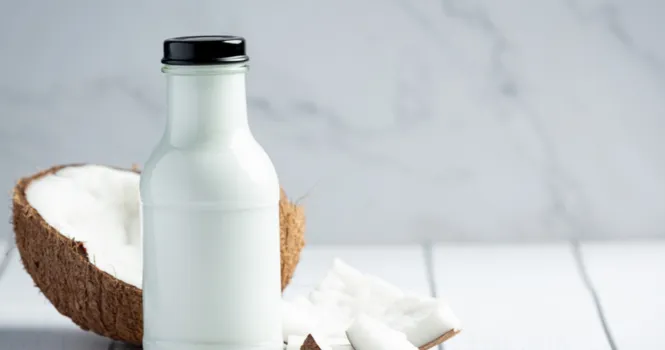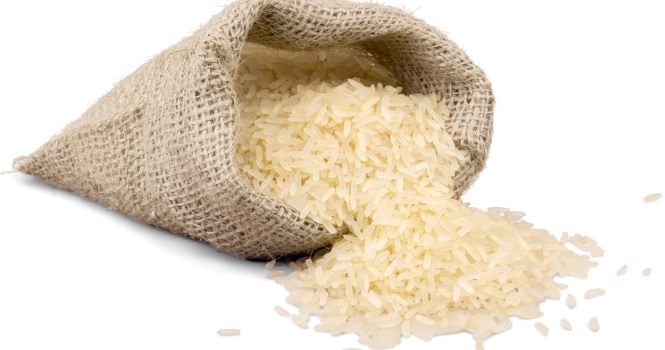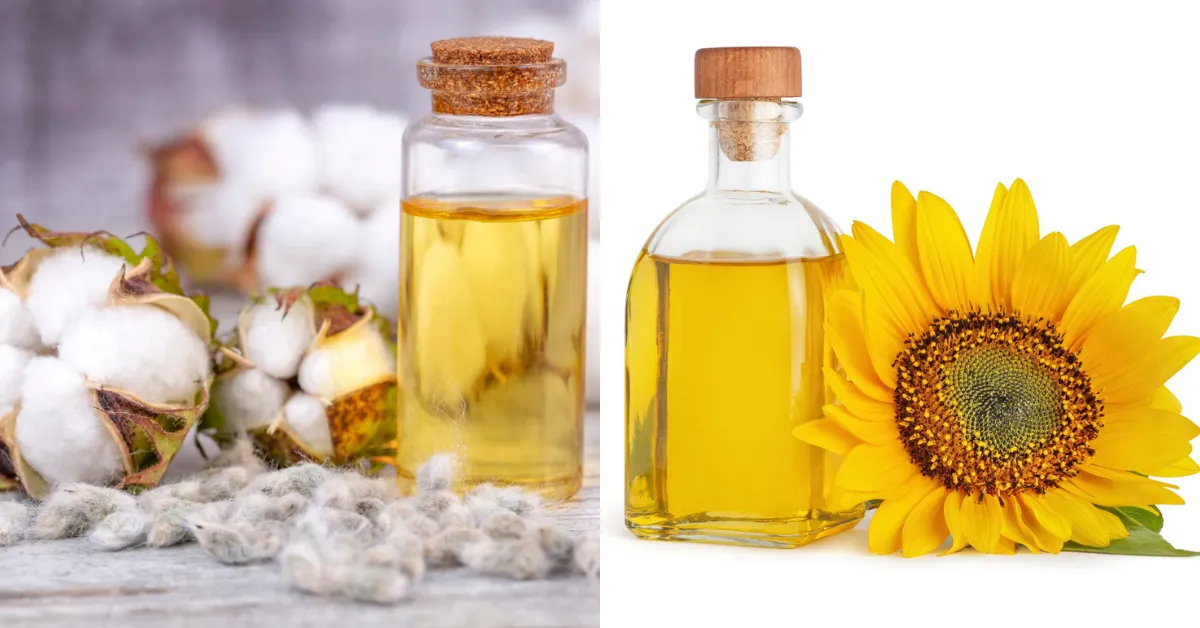Understanding the Expiry of Canned Coconut Milk

Canned coconut milk, like all canned goods, does come with an expiration date, which is essential for ensuring its safety and quality.
The shelf life of canned coconut milk can vary depending on the brand, the canning process used, and how it is stored. Understanding the shelf life, storage conditions, and signs of spoilage can help you use canned coconut milk safely and avoid food waste.
Shelf Life of Canned Coconut Milk
- Unopened Cans: Typically, unopened canned coconut milk can last between 2-5 years from the date of manufacture when stored in a cool, dry place. The exact duration depends on the specific product and the preservatives used, if any.
- After Opening: Once opened, coconut milk should be transferred to a different container if not used entirely and stored in the refrigerator. Under refrigeration, opened coconut milk can last between 4-6 days. It’s important to cover it tightly to prevent contamination and absorption of other food odors.
Storage Conditions
- Before Opening: Store unopened cans of coconut milk in a cool, dry place, away from direct sunlight and heat sources, which can affect its quality and shelf life.
- After Opening: Opened coconut milk must be refrigerated and used within a few days. Freezing opened coconut milk is an option to extend its shelf life, although it may affect the texture and consistency.
Signs of Spoilage
- Swollen Cans: If a can of coconut milk is swollen, this is a clear sign of gas production from bacterial growth, and the can should be discarded.
- Off-Odors: Any foul or off odors once the can is opened indicate spoilage.
- Mold Growth: Visible mold on the surface of the coconut milk or inside the can is a sure sign of spoilage.
- Color and Texture Changes: While separation of the fat and liquid in coconut milk is normal, any other significant changes in color or texture can indicate spoilage.
Safety and Quality Considerations
- Botulism Risk: Although rare, improperly canned foods, including coconut milk, can be at risk for botulism. Ensuring that canned goods are not damaged, swollen, or leaking can mitigate this risk.
- Best By vs. Expiration Dates: The “best by” date on cans is about quality, not safety. Coconut milk can often be safe to consume after this date but may not be at its peak quality.
- Usage Tips: If the coconut milk is near its “best by” date or has been stored for an extended period, consider using it in cooked dishes to ensure any potential bacteria are killed during the cooking process.
While canned coconut milk does have a long shelf life, it’s crucial to store it properly and heed the expiration or “best by” dates to ensure its quality and safety.
Always inspect cans for signs of damage or spoilage before use and store opened coconut milk in the refrigerator, using it within a few days.
By following these guidelines, you can safely enjoy the culinary versatility and health benefits of coconut milk in your cooking and baking endeavors.












